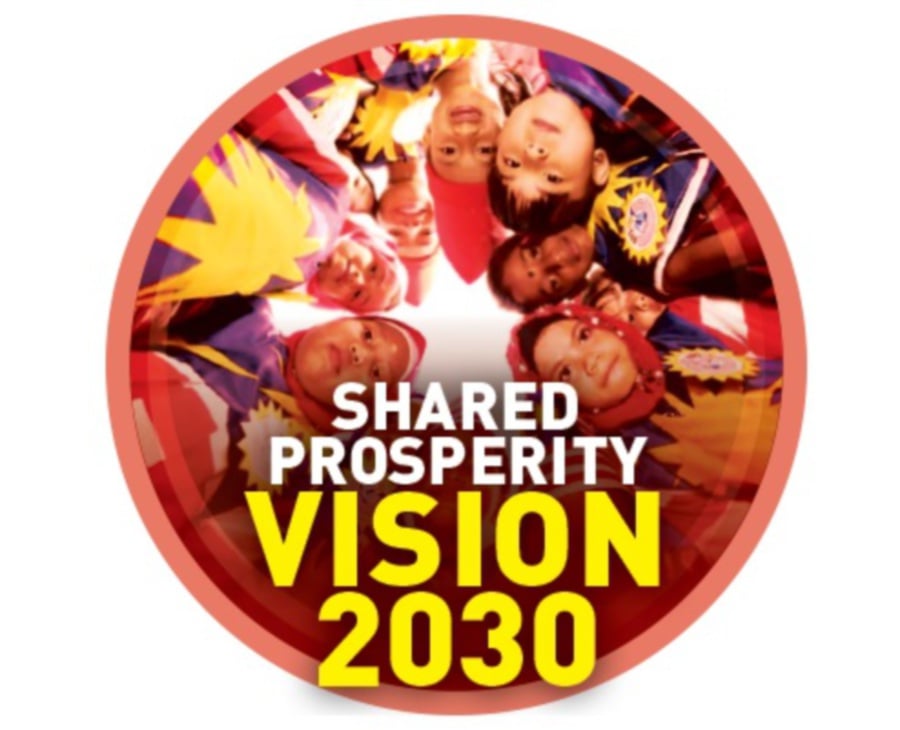KUALA LUMPUR: Academicians are upbeat over possible outcomes of the government’s Shared Prosperity Vision, which is in tangent with efforts to extend economic opportunities, particularly to those in the bottom 40 per cent (B40) group.
Academicians said it could significantly mitigate corruption and even redefine affirmative action beneficiaries and “evolve” the social contract.
The latter was perceived as a path to be paved organically through the implementation of wealth-sharing policies that should be targeted at uplifting B40 households towards the middle-class strata, said Universiti Sains Malaysia’s Dr Ainul Adzellie Hasnul.
“Inevitably, a fair ‘social contract’ must be implemented so that no race is left behind in the Shared Prosperity Vision, the objectives of which include turning Malaysians into a more versatile and resilient population to be a great nation.

“The Shared Prosperity Vision can be achieved if it can narrow the income gap between the ethnic groups.
“Efforts should emphasise the B40 households to soften the blow of the rising cost of living. Along the way, there should be access to cheaper homes and (a better) pension scheme.”
Ainul said it would be a measure that would cut across socio-economic gaps and addressed corruption.
“It is vital to create sufficient jobs that can deliver higher incomes.
“This is because if the lower-income group have a better salary scale, for example, it can reduce the temptation of soliciting bribes.
“The willingness to embrace economic change with an open mindset is crucial. All policies must be implemented at all levels, be they at the federal or state level. Everybody should work hand in hand to ensure the success of the vision.”
Policy expert Professor Hazman Shah Abdullah said ideally, the government’s endeavour would require a large support system in delivering affirmative action, income support and subsidies for the poor.
Hazman said the mission would need to be implemented tactfully to ensure complete access to economic opportunities for all.
“Ethnicity-blind policies can still create disproportionate privileges between ethnic groups if one or another represents a bigger B40 group.”
Universiti Malaya’s Associate Professor Dr Awang Azman Awang Pawi, however, said affirmative action might need to be implemented based on ethnic socio-economics to ensure an equal share of wealth.
However, he said, the measure should not deviate from addressing issues concerning ethnic-based economic performances.
“One step that can be taken is to ensure that Bumiputera households are on a par with that of other races. This needs to be looked into to prevent the economic gap from widening.”
He said an increase in minimum wage for the B40 group would be paramount.
“There needs to be an increase in the minimum wage, especially for the B40 group, other than targeted subsidy plans, which will have to be implemented as soon as possible given the rising cost of living.”
2019-10-01 04:45:00Z
https://www.nst.com.my/news/nation/2019/10/526059/shared-prosperity-vision-reachable-if-income-gap-narrowed
CAIiED1NI3tZLvjcprCqJ4ljTXYqGQgEKhAIACoHCAow9sveCjC0m9YBMJHSoQM
Bagikan Berita Ini














0 Response to "'Shared Prosperity Vision reachable if income gap narrowed' - New Straits Times"
Post a Comment